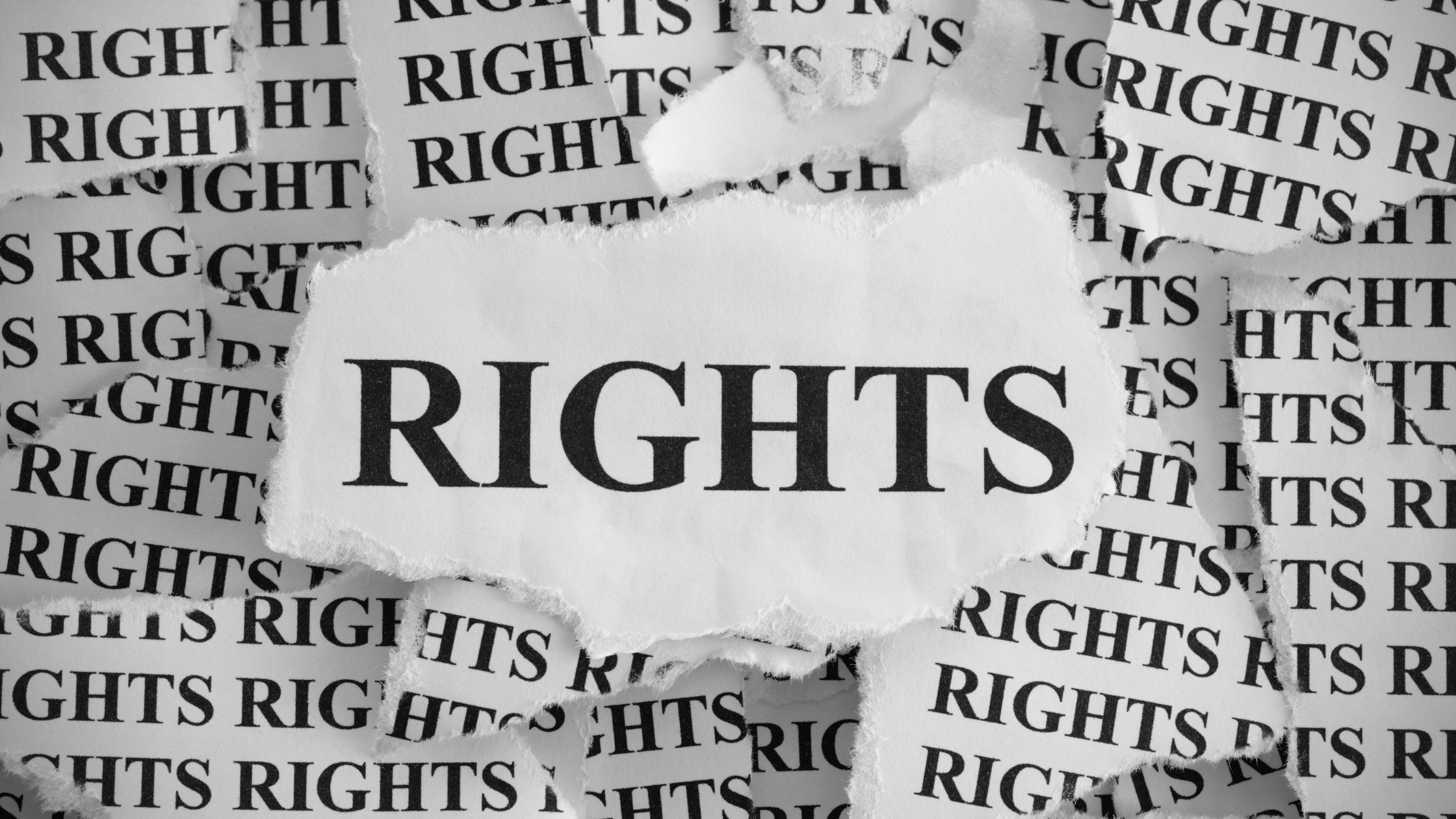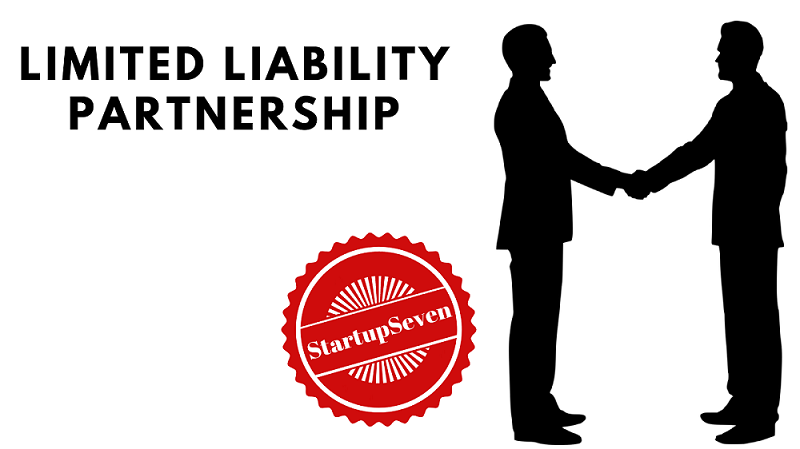Whenever an investor buys shares in the company he is entitled to certain rights. One such significant right is the right to vote on definite corporate matters. The voting right will be in the percentage of his shares in the paid-up equity share capital of the company. Therefore, if a shareholder owns 51% of the company’s stake, he will have the right to exercise majority control over the company. Section 47 of the Company’s Act 2013 bestows voting rights to the shareholders. This right incorporates the election of directors, recommendations for essential changes influencing the company.
Methods Of Voting
Voting in a company can be performed in four ways namely voting by showing hands, by postal ballot, by electronic means, and by polling.
- Voting by showing hands– At the general meeting of the company, votes can be decided by the display of hands. This will give each investor one vote, irrespective of shares held by him (Section 107).
- Voting by the poll – A poll may be demanded by the members if the numbers of members present and voting have not less than one-tenth of the total voting power or shareholding of not less than five lakh rupees or higher (Section 109).
- Voting by electronic means- Every listed company which has more than 1000 shareholders is required to give the option of e-voting to its shareholders (Section 108).
- Voting by postal ballot– Every listed company must provide for the option of postal ballot to the shareholders, who do not have the privilege of e-voting available (Section 110).
Importance Of Voting Shares
Generally, companies allot more than one type of share in order to concentrate voting power in a small group of individuals. This concentration of power is also done in order to prevent any hostile takeover by the shareholders who are not the founders or company leaders. They may be enticed to sell their shares to another company at a premium. Therefore, the exclusivity of voting shares is prominent.
Many stakeholders do not intend for a long-term strategy in the company or are uninterested in holding shares for the long run, which is a primary reason why companies choose to issue voting rights only to a select group of individuals. After all, someone with the intention of a short-term profit in mind may not vote for measures that secure and protect the long-term position of the company in the market.
Also Check:
Limitation On The Voting Powers
Section 106 of the Companies Act 2013, provides for certain restrictions placed on the voting rights of the shareholders. The company’s by-laws may deny or place a restriction on the shareholder’s voting rights. The articles of the company can restrain any shareholder in respect of any shares registered under his name on which a sum is payable and it has not been paid by him.
It is also important to note that the exercise of voting right by the shareholder doesn’t come automatically. The person holding this right will be allowed to practice it only if his name shows up in the company’s register of members.
Voting Rights In Case Of Preference Shares
Preference shares are the type of shares that guarantees a fixed rate of dividend to its shareholders and enjoy preference over the equity shares. Preference shares are somewhere between bonds and regular stocks, offering the best of both worlds to the investor. The preference shareholders are only capital lenders for the company and not owners. Therefore, the exposure of risk is nominal. They do not enjoy the same voting rights as the equity shareholders. The following paragraph will throw light on the voting rights of the preference shareholding in the company.
While an equity shareholder enjoys the right to vote in every resolution placed before the company, a preference shareholder can exercise this right only when (Section 47(2))-
- Resolutions placed before the company directly affect their rights attached to the preference shares.
- Resolutions for the winding up of the company or for the repayment or reduction of equity or preference share capital.
The Companies Act also provides that if the dividend is not paid for a period of 2 years or more, such preference shareholders will be entitled to have a right to vote in every resolution placed before the meeting.

Concept Of Differential Voting Rights
The shares with DVR or Differential Voting Rights provide the shareholder with differential rights related to voting that is either more voting rights or less voting rights compared to ordinary shareholders of the company.
The equity share capital contains this class of equity shares with differential rights relating to voting power and dividend.
There are two types of DVRs –
- Shares with superior voting rights
- Shares with inferior voting rights
The shares with less or inferior voting rights carry higher dividends, whereas shares with superior voting rights carry lesser dividend rates. The shares with higher voting rights are issued to the promoters, key managerial persons, and managing directors. The voting rights can be in the ratio of 2:1 (2 votes for 1 share) or in the ratio of 10:1 (10 votes for 1 share)
In the case of start-ups, the founders often lose control when they dilute their stakes after multiple rounds of funding. This problem can be fixed by issuing shares with DVR, it enables the promotors to retain substantial control.
According to the Companies (Share Capital and Debentures) Rules, 2014 the issue of shares with DVR should not exceed 74% at any point in time. Earlier the limit for DVR was set as 26%, but the amendment increased the limit.
Conclusion
This article teaches us how important voting power can be, either in a multi-national corporation or a small start-up. The shareholders directly as well as indirectly affect the company’s profitability and its successful standing in the global or domestic market. From the appointment of the director to the winding up of the company, shareholders and their votes play a key role in company meetings. Therefore, any person or persons desirous of starting a company, should explicitly and clearly mention in the shareholder’s agreement, the kind of voting power vested in the shareholder to avoid future conflict.










